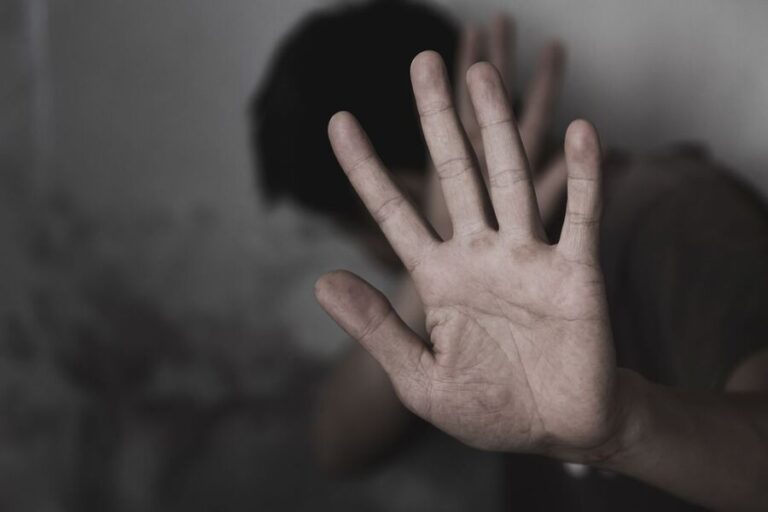Male survivors of abuse are speaking out against how the UK government classifies their experiences, feeling ignored because their cases are labeled as “violence against women and girls.” They argue this makes them invisible and undersupported by current policies.
For 15 years, the government has placed male victims of domestic abuse, rape, stalking, and honor-based violence in the same category as female victims. Charities and activists say this doesn’t recognize the unique challenges faced by men, which marginalizes them.
Duncan Craig OBE, founder of the charity We Are Survivors, has voiced the frustrations common among male survivors. “Male victims often feel ignored because we’re not even listed. There’s something about how important it is to be recognized and seen,” he said. Craig emphasized that being acknowledged can make a significant difference for victims.
Research from the University of Central Lancashire supports these concerns. It found that 88% of male survivors feel the government doesn’t care about them, 89% said the current policy makes it harder to get help, and 90% felt invisible under these policies.
A government spokesperson explained why the term “violence against women and girls” is used: “It refers to acts of violence or abuse that disproportionately affect women and girls,” said the spokesperson. They acknowledged that men and boys are also victims and noted that recent measures like new Domestic Abuse Protection Orders and strengthened anti-stalking powers are meant to protect all victims, regardless of gender.
The issue was highlighted by the case of Rob Parkes, a 45-year-old from Milton Keynes, who survived years of abuse in his marriage. His ex-wife was convicted of soliciting his murder. “She controlled a lot of my life, changed my personality, and isolated me from my friends and family,” Parkes shared with Sky News. Even with his severe experiences, his case would still be classified under ‘violence against women.’
Parkes pointed out the cultural bias in the current system, which assumes men are always the perpetrators, not the victims. “There’s no classification of a male victim—it’s just a footnote,” he added.
The call for change is intensifying as more male survivors and their advocates urge the government to recognize and specifically address their needs. They argue that the current approach not only marginalizes male victims but also hinders a complete understanding of domestic abuse and violence, essential for effective policy and support.
The UK government is now facing growing pressure to reevaluate how it categorizes and addresses domestic abuse to include all victims, regardless of gender. As awareness of this issue increases, there is potential for significant policy changes that could lead to better support systems for all survivors of abuse. Advocates for male survivors are not just asking for recognition but are pushing for a fundamental shift in public policy to ensure that no victim feels overlooked or invisible.

